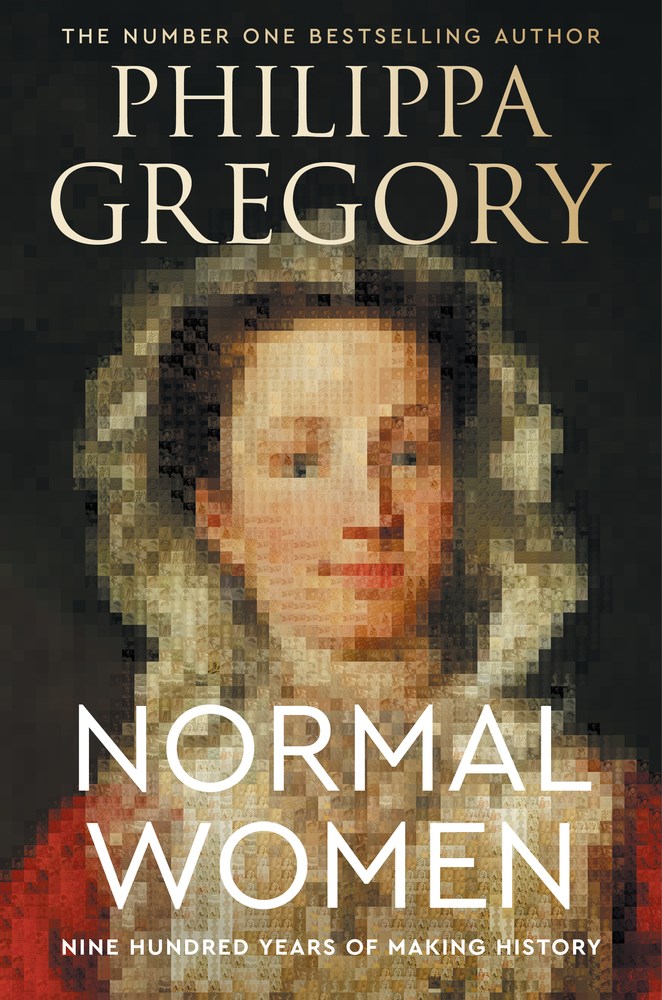
If you’re going to read the history of women in England for the last 900 years, then you can’t be surprised that it is a huge book. Long? Yes. Also, fascinating and infuriating.
Women have suffered ever since William the Conqueror brought his patriarchal ideas about the superiority of men over women to England in 1066, obliterating the more equitable society he found there. Sound like a generalisation? Read this book, where each assertion is backed up by example after example drawn from primary sources, starting with the Norman laws that dictated the so-called natural inferiority of women, morally, mentally, and physically.
Gregory’s extensive research yields statistic after statistic, example—by name—after example of women doing the work of society while having no power. She divides the book by eras and, within each presents a cogent description of areas such as the status of women’s health, marriage rights, widows, work (paid and unpaid), female soldiers, sexuality, slavery, rape, and prostitution.
Bottom line? Every time things start to look better for women, every time they are given a modicum of power, the immediate reaction by terrified men shoves them backwards. Think it’s all in the past? Look at how the percentage of rapes of women that are investigated by British police—already appalling low—have declined in recent years. If I remember correctly, the most recent figure in the book is from about ten years ago and is shockingly only two percent. Two percent!
Century after century, women are excluded from profitable work, from unions and guilds, from being able even to train for better work. All this while they are the ones feeding the family, more often than not. Elite women cheerfully throw their lower class fellow females under the wheels of their chariots.
A lot of this I already knew, but the tsunami of detail, of individual stories, really brought the horror of this persistent imbalance of power home to me. One area I hadn’t realised is that women were the true force behind the great resistance movements in England, the ones that pushed back against enclosure of common lands, automation, and other power grabs by the wealthy that left everyone else to starve. The Peasants’ Revolt of 1381 was sparked by two women from Kent, Joan Hampcok and Agnes Jekyn protesting a poll tax, not Wat Tyler, as the history books would have it.
If you think that 500+ pages of this would be boring, think again. There are surprises everywhere. Did you know that boxing was primarily a women’s sport in the early 18th century? Gregory writes with a cool attention to story, grabbing the reader’s attention and not releasing it. You cannot even turn away from her ten pages listing names of women murdered in Britain in 2019, nearly all dying from domestic violence. She tells us of the broken ribs and deformed bodies of women laced into too-tight corsets, of women colliers dragging coal out of mines like pit ponies.
She reminds us of how men of every period attempted to define women—quoting their very words—in ways that demeaned them and reinforced male dominion. All these unscientific theories of women’s nature spoke of her weakness of body, mind, and morals.
We are introduced to so many extraordinary women in these pages, but the author reminds us to look around us. “The history of women is a struggle over identity and inclusion: we are all ‘normal’ women even when we have been described as exceptional or deviant or inadequate, even when our vanity prompts us to stand apart, or our ambition to compete with each other.”
Yes, it’s a long book. You may want to pace yourself, though I confess that I tore through it. This is the book that I’m recommending to everyone this year.
Have you read any part of this remarkable book? What did you think about it?